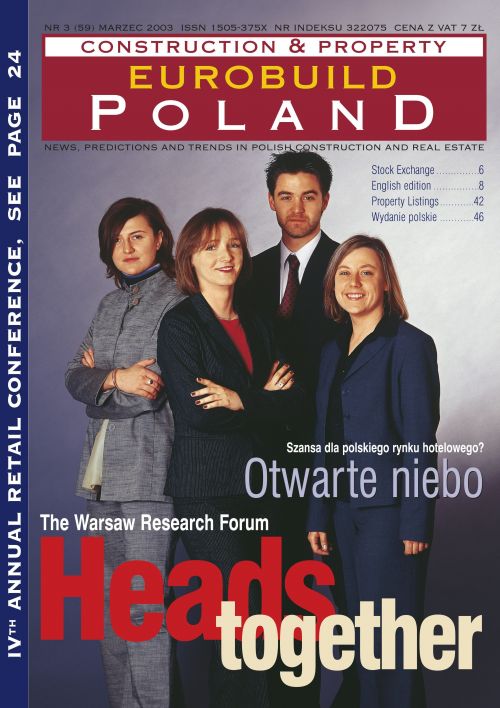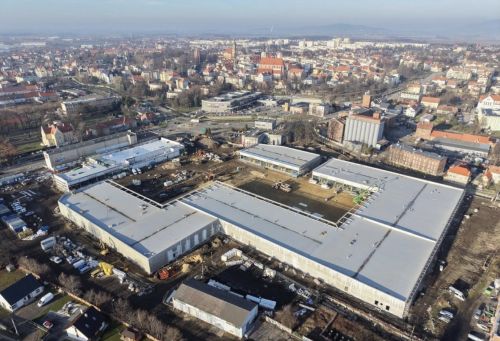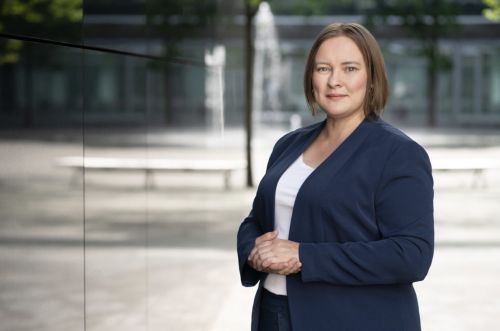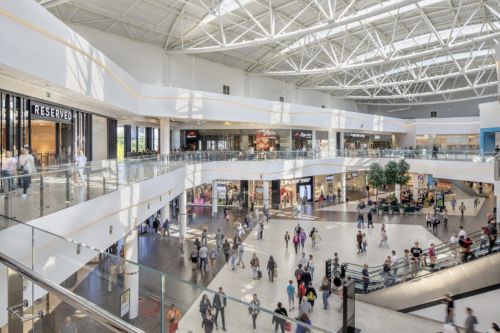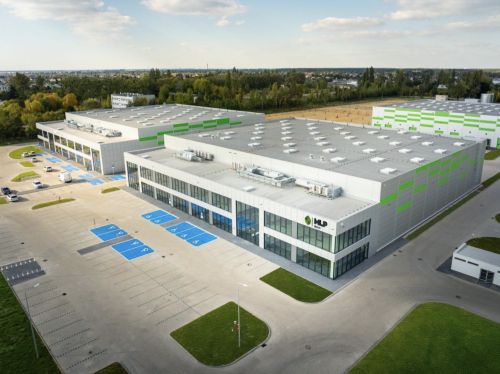Investment funds are scrambling for the best real estate on
the Warsaw market. They are competing mainly by offering developers attractive
prices and, no less importantly, good terms of agreement
Warsaw remains the investment centre of Poland and most of the
purchases have been made by real estate funds and according to a report by
Cushman & Wakefield Healey & Baker, 67 per cent of these have been in
the Central Business District. Last year's purchase of Centrum Biurowe
Euromarket, by a fund linked to Zentral Immobilien Fonds (the HypoVereinsbank
Group) for EURO 23.9 mln, was the only exception. "This is a significant
step which could lead to more institutional investment transactions in regional
city office markets in the coming years," reads the report.
What's on offer will most certainly determine the development of investments
outside Warsaw. At the moment there isn't much real estate available and
developers aren't much interested in selling their property.
Fancy a p



























